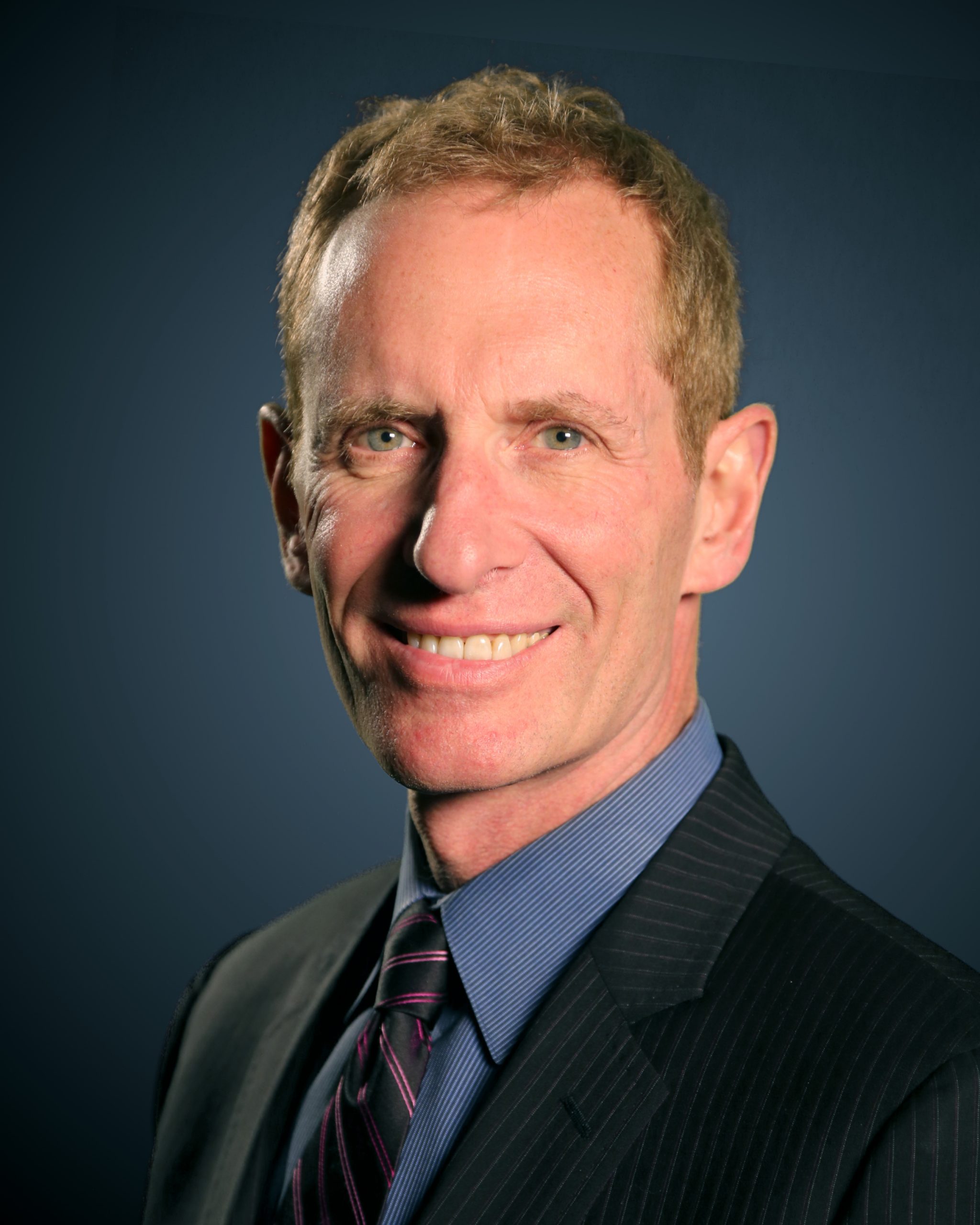Dr. Barry Chaiken

Leading Expert in the Healthcare Industry
Expert on
- Future of Work
- Innovation
- Technology
- AI
- Machine Learning
- Big Data
- Change Management
- Disruption & Digital Transformation
- Healthcare
- Future Trends
- Authors
Fee Range
$15,000–$20,000Travels from
MA, USBiography
Dr. Barry P. Chaiken, MD, MPH, is a distinguished figure at the intersection of healthcare innovation and technology, with over 25 years dedicated to advancing healthcare information technology, clinical transformation, and the strategic use of data to enhance patient safety and healthcare outcomes. As a pioneering physician innovator and a leading expert in artificial intelligence in healthcare, Dr. Chaiken’s contributions have significantly influenced the integration of technology in healthcare, optimizing quality, accessibility, and cost-efficiency of care.
Dr. Chaiken’s thought leadership is prominently featured in his groundbreaking book, ‘Navigating the Code: How Technology Transforms the Patient-Physician Journey,’ and his forthcoming work, ‘Future Healthcare 2035,’ which delves into the transformative potential of artificial intelligence in redefining healthcare delivery and patient care.
At the helm of DocsNetwork Ltd., Dr. Chaiken has provided invaluable guidance to various healthcare organizations, including the National Institutes of Health, the UK National Health Service, and tech giants such as McKesson, Infor, and Salesforce/Tableau. His consultancy work emphasizes patient safety, clinician technology adoption, and effective healthcare change management, underscoring his expertise in marrying clinical needs with technological advancements.
A celebrated keynote speaker, Dr. Chaiken has captivated audiences worldwide with over 60 CME lectures, sharing his expertise on the pivotal role of technology in healthcare, patient safety, and the future of healthcare artificial intelligence. Moving beyond traditional publication contributions, Dr. Chaiken now engages a broad audience through his biweekly LinkedIn newsletter, “Future-Primed Healthcare,” a weekly subscription newsletter, “What’s Your Take?” and his “Dr. Barry Speaks” YouTube channel. These platforms showcase his insights on the latest trends and innovations in healthcare, reflecting his commitment to leading the conversation on healthcare’s digital transformation.
Dr. Chaiken’s academic foundation includes a medical degree from Downstate Medical Center, a Master in Public Health degree from the Harvard School of Public Health, and a Bachelor of Arts in Psychology from the University at Albany. His postgraduate training was completed at the Centers for Disease Control as an Epidemic Intelligence Service Officer and at the New Jersey State Department of Health as a preventive medicine resident, highlighting his broad expertise in public health and preventive medicine.
An Overseas Fellow of the Royal Society of Medicine and a Fellow of the Health Information Management and Systems Society (HIMSS), Dr. Chaiken’s career is not only defined by his professional achievements but also by his resilience as a cancer survivor. This personal journey has deepened his advocacy for patient-centered care, adding a unique perspective to his work on improving healthcare systems.
Beyond his professional endeavors, Dr. Chaiken is committed to shaping the future of healthcare through education, serving as a guest lecturer at prestigious institutions, and contributing to the development of the next generation of healthcare leaders and innovators.

